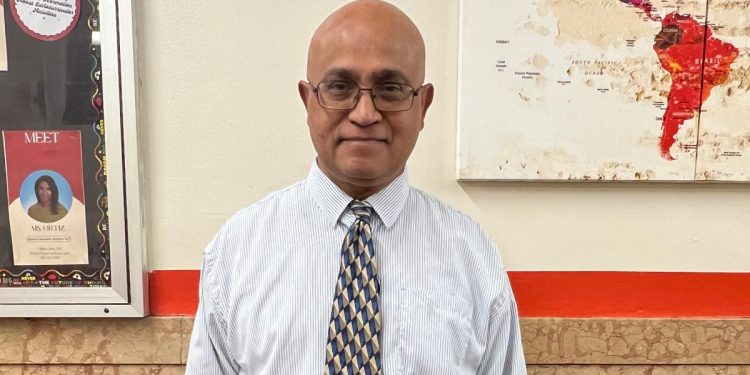Rupnauth Hardyal (KN 21) argues that since the constitution and the nation’s electoral rules (Representation Act) have not explicitly granted individuals the right to run for election as independents, then the court will find it almost impossible to grant relief in a judicial challenge. He also argues that the right to run for office as an independent cannot flow directly from interpretation of a right of association (Art 147) meaning in forming political parties. I think the court will disagree with both arguments. Hardyal should look at Art 162 for contradictions.
Constitutions and electoral laws do not delineate and enumerate all the rights and freedoms a person has. Standard rights, including running for office as an independent, are reasonably assumed to exist in a democracy albeit Guyana is not a perfect democracy as say exists in the developed white countries. Courts have ruled that certain rights, though not written in a constitution, are thought to routinely exist and don’t t need to be spelt out. In England and America, and virtually every democracy, the courts tend to be liberal in interpreting constitutions and granting rights to individuals where such rights are not expressly stated. And the court in every democracy is thought to be more powerful than its Chief Executive and Legislature.
England does not have a written constitution, but the public enjoy all kinds of rights. In USA, the founding fathers forgot to put in a bill of rights in the constitution, but the rights were assumed to exist and were subsequently added as amendments. The American Constitution does not make reference to political parties or associations, but they were and are thought to exist since its drafting in 1789. There are countless rights of Americans not stated in the constitution. The Supreme Court rebuked politicians who sought to curtail rights ruling that such rights exist even though they are not written. The court added Miranda protection rights to an accused — right not stated in the constitution. And there are many others. The court is considered like a legislative branch in its interpretation of the constitution. The Supreme court’s rulings are final and are considered to be more powerful than the President who will be in contempt for defying the court.
Can an independent run for office? In a standard democracy, such a right is reasonably assumed. But the Guyana constitution prohibits it. Is that law unconstitutional? That’s the decision the court will be confronted with. Senior and King’s Counsels regionwide and throughout the democratic Commonwealth world are of the view that law is unconstitutional. Guyanese lawyers have not challenged it until now by Mr Chris Ram, a Lone Ranger in protecting democratic rights.
Article 147 grants the right of association. It also necessarily follows that the same law empowers people not to associate, meaning to be independent. The electoral law (Representation Act) says in order for a person to run for office, he must associate with others (a party). That takes away the person’s right not to associate. The Guyana court will agree with this interpretation as all other courts in the region and globally made similar rulings. The court will find the law coercing candidates to run as an association of candidates unconstitutional. If the Guyana courts don’t find the law unconstitutional, then the CCJ will.
Hardyal claims that the right to seek elective office is not automatic and is not stated. The right to seek elective office does not have to be specifically stated. In any democracy, that right exists as long as the minimum conditions are met. The court will also agree.

































































